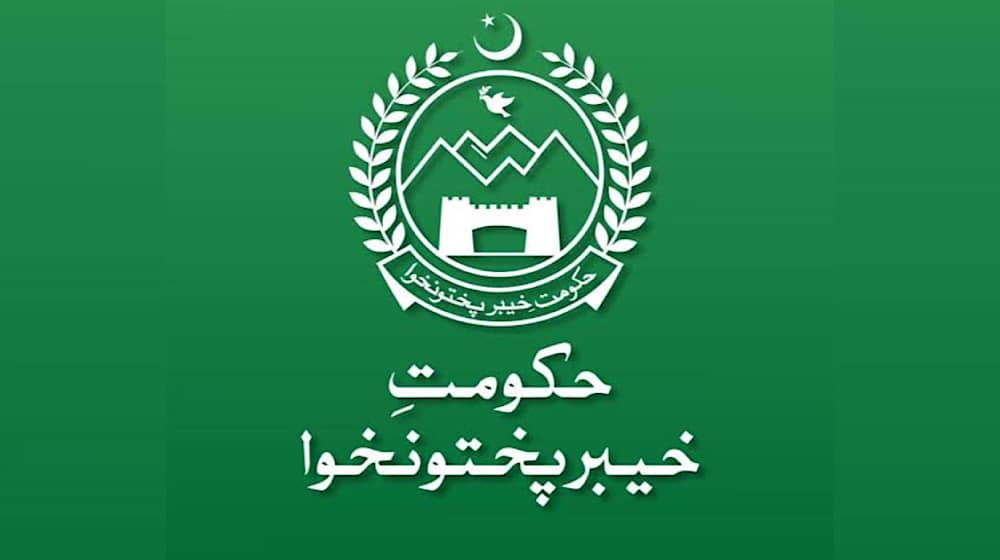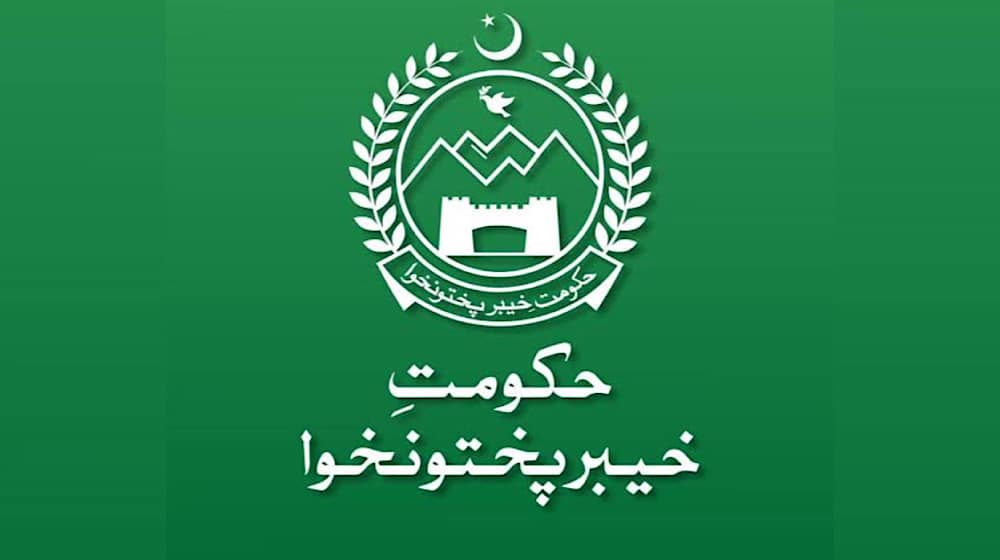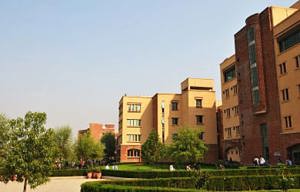
Peshawar – May 2025: The Government of Khyber Pakhtunkhwa has announced new leadership for 16 public universities across the province. This significant step aims to revamp the academic ecosystem, introduce strategic governance, and boost quality education in the region.
The newly appointed Vice Chancellors (VCs) have been selected through a merit-based process, ensuring the induction of competent, visionary individuals capable of advancing the academic and research missions of their respective institutions.

A Move Toward Educational Transformation
This major reshuffling highlights the provincial government's vision to bring about progressive changes in higher education. By filling long-vacant or temporarily managed VC roles, the government aims to streamline university operations and promote long-term academic planning.
The decision also supports the objective of aligning local universities with modern research trends, administrative efficiency, and inclusive academic practices.
Overview of Vice Chancellor Appointments
Hazara University, Mansehra – Prof. Dr. Muhammad Ali
Prof. Dr. Muhammad Ali, an accomplished academic leader, will serve as the new Vice Chancellor of Hazara University, Mansehra. His focus will be on academic integrity, research collaboration, and community-based education.
Khushal Khan Khattak University, Karak – Dr. Muhammad Tahir Khalili
Dr. Muhammad Tahir Khalili is now heading Khushal Khan Khattak University, Karak. He brings with him vast teaching and administrative experience that will help drive institutional innovation and student engagement.
University of Lakki Marwat – Dr. Aurangzeb Khan
Taking the helm at University of Lakki Marwat, Dr. Aurangzeb Khan is expected to emphasize faculty development and expand academic programs tailored to the region’s developmental needs.
Abbottabad University of Science and Technology – Dr. Tahir Irfan
Abbottabad University of Science and Technology will now be led by Dr. Tahir Irfan, who aims to upgrade the university’s research standards and build international academic partnerships.
Engineering and Technical Institutions Get New Leadership
UET Mardan – Dr. Gul Muhammad Khan
At the University of Engineering and Technology, Mardan, Dr. Gul Muhammad Khan steps in with an ambition to modernize curriculum and strengthen ties with the engineering industry.
UET Peshawar – Dr. Muhammad Siddique
Dr. Muhammad Siddique, a specialist in engineering sciences, will lead UET Peshawar. His appointment is seen as a move to energize research initiatives and enhance institutional rankings.
Focus on Agricultural and Veterinary Education
University of Agriculture Swat – Dr. Dawood Jan
Dr. Dawood Jan will now manage affairs at the University of Agriculture, Swat, where he plans to introduce innovative agricultural technologies and promote eco-friendly farming research.
Veterinary and Animal Sciences University Swat – Dr. Shakibullah
Veterinary and Animal Sciences University, Swat, will be under the leadership of Dr. Shakibullah, whose vision includes improving veterinary education and launching advanced research in livestock health.
New VCs in Regional and Emerging Universities
University of Shangla – Dr. Sardar Khan
Dr. Sardar Khan has taken over the leadership of the University of Shangla. He is expected to lay a solid academic foundation and encourage youth from remote areas to pursue higher education.
University of Peshawar – Dr. Johar Ali
University of Peshawar, one of KP’s oldest educational institutions, is now being led by Dr. Johar Ali. His track record in academic management is anticipated to drive institutional reforms and digital transformation.
Abdul Wali Khan University Mardan – Dr. Jamil Ahmed
Abdul Wali Khan University, Mardan, will benefit from the expertise of Dr. Jamil Ahmed, who aims to uplift teaching standards and expand academic disciplines to meet market demands.
University of Nowshera – Dr. Saeed Bacha
At the University of Nowshera, Dr. Saeed Bacha is expected to focus on student-centered learning, technology integration, and improving academic governance.
University of Science and Technology Bannu – Dr. Muhammad Jahanzeb Khan
Dr. Muhammad Jahanzeb Khan has been appointed VC of University of Science and Technology, Bannu, with a vision to modernize research facilities and promote innovation in applied sciences.
Promoting Gender Equality in University Leadership
Women’s University Swabi – Dr. Ghazala Yasmin
In a notable move for gender inclusivity, Dr. Ghazala Yasmin has been appointed as Vice Chancellor of Women’s University, Swabi. She is expected to be a strong advocate for women’s empowerment in academia and leadership.
Additional Appointments to Drive Academic Excellence
Bacha Khan University, Charsadda – Dr. Zahoor-ul-Haq
At Bacha Khan University, Dr. Zahoor-ul-Haq’s appointment is likely to bring strategic planning and resource optimization into focus.
University of Science and Technology Kohat – Dr. Syed Zafar Ilyas
Dr. Syed Zafar Ilyas, now leading University of Science and Technology, Kohat, has a goal to transform the institution into a research-driven university with a global outlook.
Government’s Long-Term Vision
These appointments are part of a long-term policy designed to improve higher education across KP. With enhanced academic infrastructure, improved faculty capabilities, and a focus on quality assurance, the government is aiming to make universities engines of socioeconomic development.
The selection process for these Vice Chancellors was conducted transparently and fairly, focusing on qualifications, administrative experience, and a proven track record of academic achievement.















